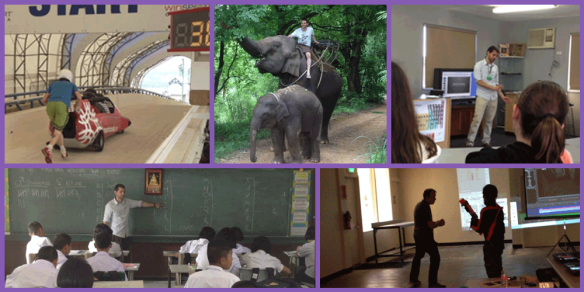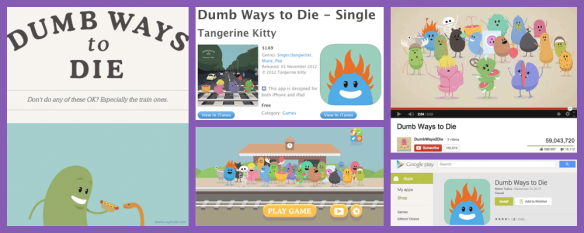Communities and cultures form around shared practices or beliefs and common ground. Literal ground, often enough, informing on national identity, neighbourhood communities and locally tied interest groups. In the digital age, this ground has become more and more figurative, moving into a cyberspace rather than a physical one. Does that mean the communities there are any less real?
Growing up as a Millennial, I’ve spent the majority of my lifetime connected to everyone around me via my computer or my phone. The idea that one of my friends is more than just a text or a Facebook message away is foreign to me. Doesn’t mean I care any less for them. It also doesn’t mean that genuine friendships and communities can’t develop, take place and flourish all within an online environment.
Take for example Reddit user Generique’s ReVenture project. You could argue that this is an imperfect case study since he did actually, physically visit the people he connected with online, but that’s what I think makes it stand out and reinforces the point that online communities add to our human experiences rather than detracting from them.
Generique has the amazingly fantastic boon of being able to travel rev status, paying only for the taxes of his flights. Being a young, unemployed, unattached, recent graduate, he decided to use this to help out anyone on Reddit who asked.

He got to teach English in a remote school in Thailand, rode an elephant while he was there, helped an injured American move home, took a tour of Valve’s offices and got to use their motion capture software, went bobsledding in Calgary, on a pub crawl in Sydney and gave a guest lecture in Forensics at a high school while down under. These may seem like primarily personal experiences, but the Reddit community was a part of it too; first through the suggestion of his activities, through the fact that Generique’s travels physically involved members of the online Reddit community and then also through the sharing of the images and stories in the forum. Everyone got to enjoy his experiences, regardless of if they participated in them or not.
The medium is more than just the message, it’s the people who receive it too. The medium is the community.
But is the online, social media community any less relevant than those that take place in physical places? Would Generique’s project have meant more if he asked ‘real’ people from a ‘real’ place rather than a digital one? Almost 1 in 5 married couples started online. More people consult to the internet than their doctors for sensitive and embarrassing conditions. Gamer communities can be so strong that when one of them passes away, despite physically being countries apart, the group bands together for memorial services. Do these activities sound any less ‘real’ than actual, physical ones?
Q: Does the fact that a relationship or community starts or takes place mostly in a digital space devalue it? Is an online community less valuable than a physical one?
Bonus Q: Are you a part of any primarily online communities? How do they rate against your mostly-physical ones?
Related articles
- True Life: I’m a Lurker (2ndselves.wordpress.com)
- Attributes of Thriving Online Communities (redplasticmonkey.wordpress.com)
- Defining what Online Communities are (webdesign.answers.com)



